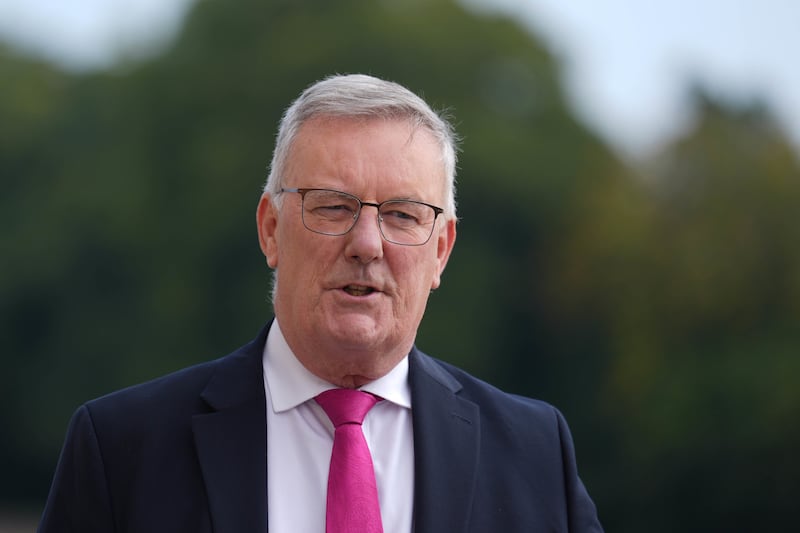A photographic exhibition featuring ten people severely injured during the years of violence serves as a further reminder of the ongoing suffering endured by so many victims and the disgraceful failure to provide the support they need.
Ten people are highlighted in the display at the Royal Victoria Hospital, Belfast but they represent the hundreds who survived gun and bomb attacks but who have been left with traumatic and life-changing injuries.
Actor James Nesbitt, who is patron of the WAVE Trauma Centre, added his support to demands that those whose lives were profoundly disrupted and altered by acts of violence should receive a special pension to give them some financial security, dignity and independence.
As he pointed out, many have lived much longer than expected but 'the passage of time has compounded their problems and they suffer increasing physical distress as a result of deteriorating health and chronic pain.'
Belfast man Paul Gallagher was just 21 when loyalist gunmen burst into his home in 1994 and shot him six times.
He was not the intended target and was fortunate to survive but he requires a wheelchair and says he was essentially 'left to get on with it' and begin the long process of healing, emotionally and physically.
Mr Gallagher said many survivors feel forgotten and left behind by society and 'fear the present and the future.'
This is an intolerable situation for people who have already been through more suffering than many of us could begin to imagine.
It is distressing to hear that they are worried about their future needs and healthcare support.
As a society we should have done more to look after victims and survivors. They certainly deserve better.
Next month marks the tenth anniversary of the Eames/Bradley report on dealing with the past.
That document reflected on the concerns of victims and survivors, the need for proper funding, provision of services and compensation. The important role of carers was also highlighted as well as the fact that they too are getting older.
The Eames/Bradley report said victims and survivors are 'painful reminders of society's failure.'
What does it say about our society that ten years on, the grievously injured are still worried about funding and anxious for the future?
While acknowledging there are complex issues around the whole area of legacy and addressing the past, it is deeply regrettable that the gravely injured feel their voices are not being heard.
That must change.








